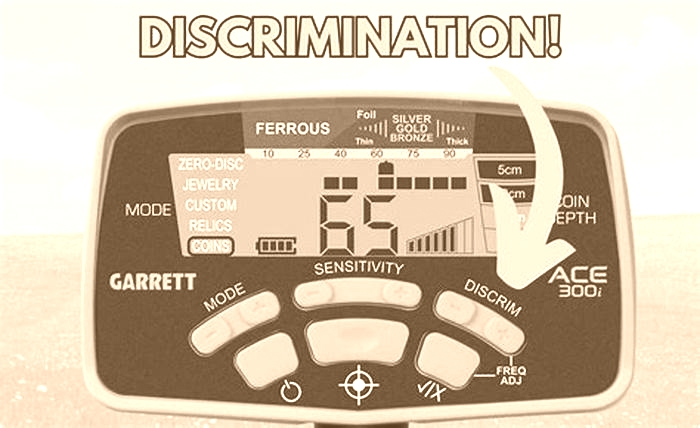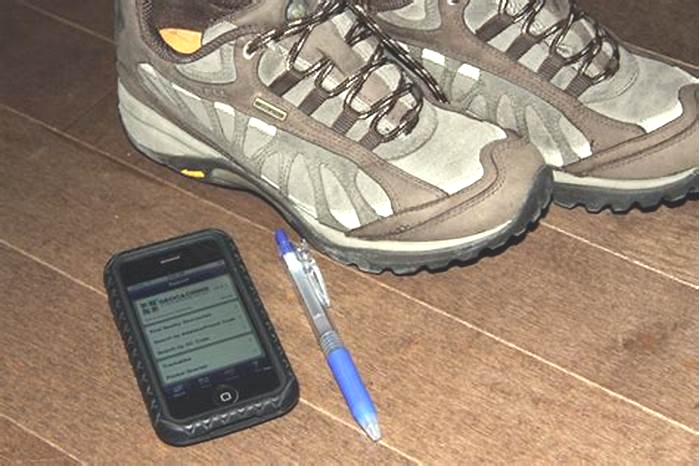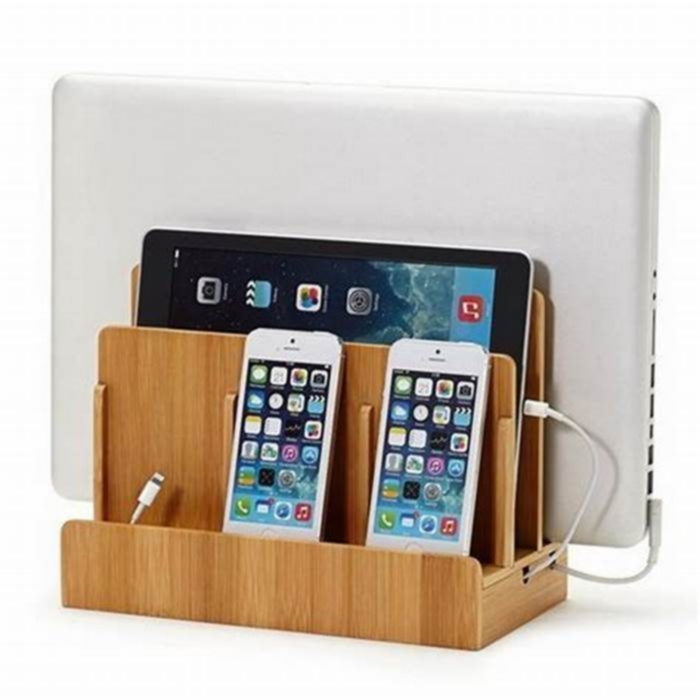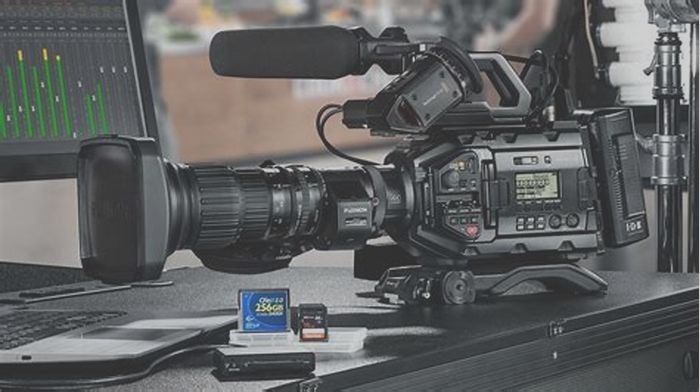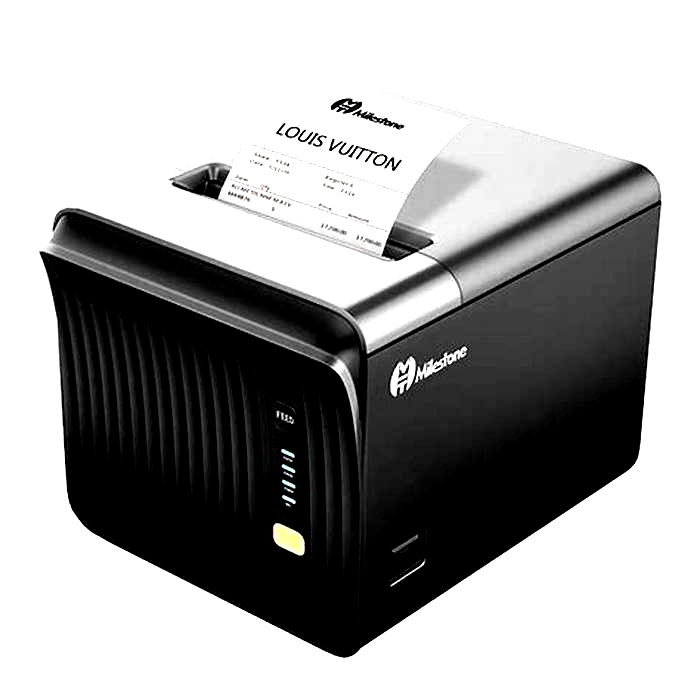Equipping Yourself for Metal Detecting Adventures Choosing the Right Metal Detector and Accessories
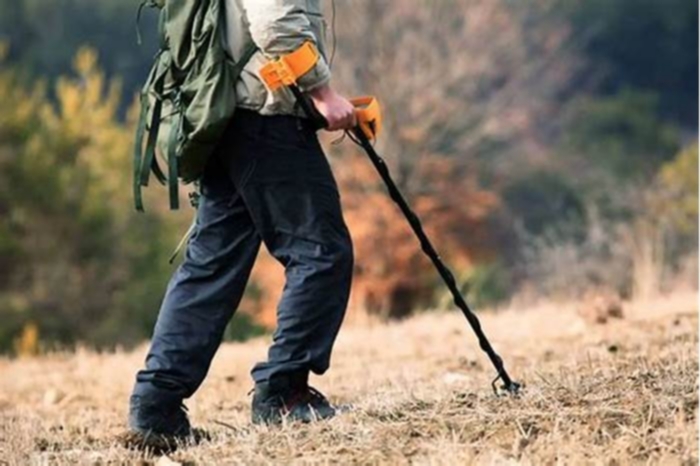
The Ultimate Guide to Choosing the Right Gold and Metal Detector
The Ultimate Guide to Choosing the Right Gold and Metal Detector
Metal detecting is a captivating hobby that combines adventure and treasure hunting. Whether youre searching for coins, relics, or even gold, the key to a successful hunt lies in selecting the right metal detector. With numerous options on the market, this ultimate guide will walk you through the essential considerations for choosing the perfect gold and metal detector for your needs.
Understanding Your Purpose
Before diving into the world of metal detecting, its vital to determine your primary purpose. Do you aim to find coins, discover relics, or prospect for gold? Each objective may require a slightly different type of metal detector. Heres how to align your goals with the right detector:
- Coin and Relic Hunting: For those interested in uncovering historical coins, jewelry, and relics, standard metal detectors equipped with discrimination and target identification features are ideal. These detectors help distinguish valuable items from common junk.
- Gold Prospecting: Gold detectors are specially designed to detect tiny gold nuggets and flakes. They operate at higher frequencies, making them sensitive to small gold particles that might be missed by standard detectors.
- General Purpose: If youre unsure of your exact focus or enjoy a bit of everything, a versatile all-purpose detector can be your best bet. These detectors are suitable for a wide range of targets.
Key Features to Consider
- Frequency: The frequency of a metal detectors operation impacts its sensitivity to various types of metals. Lower frequencies penetrate deeper into the ground, making them suitable for relics and coins. Higher frequencies are better for smaller objects, like gold.
- Discrimination: Discrimination is the detectors ability to distinguish between different types of metals. Advanced discrimination features help you avoid digging up trash items.
- Sensitivity: A detectors sensitivity settings allow you to control its depth and range. Higher sensitivity might detect smaller items but can be affected by ground mineralization.
- Ground Balance: Detectors with ground balance adjustment are crucial, especially for gold prospecting. Ground mineralization can interfere with accurate target detection.
- Coil Type and Size: Different coil shapes and sizes are suitable for various terrains. Smaller coils are better for trashy areas, while larger ones cover more ground.
- Weight and Ergonomics: Consider the weight and ergonomics of the detector, especially if you plan on long treasure-hunting expeditions.
Price Range
Metal detectors come in a wide price range, from budget-friendly options to professional-grade detectors with advanced features. Your budget should align with your commitment to the hobby. If youre just starting, investing in a mid-range detector is often a sensible choice. As you gain experience, you can upgrade to more specialized models.
Research and Reviews
One of the best ways to make an informed decision is to research and read reviews from experienced detectorists. Online forums, user reviews, and expert opinions can provide valuable insights into the performance and reliability of specific models.
Discrimination
When choosing a metal detector, you need to distinguish your primary purpose. It will help you filter the signal of a precious silver or gold coin from others. This way, you will only get your basic target insight and you will save time searching for discarded items.
Most models you find these days come with auto-tuning capability or allow users to adjust settings manually. Some detectors even choose not to use discrimination because they want toprospect for goldor anything metallic.
Sensitivity
Nowadays, mostmetal detectorsare designed to be highly sensitive. This means that it can pick up signals of treasures under highly mineralized soils. This function also allows the detectors to pick up metals that have been corroded under the weather for a long time.
The operating frequencies of metal detectors are usually between 6.4 kHz and 20 kHz. Users can adjust settings according to the area in which they are performing metal detection operations. In short, you should choose highly sensitive metal detectors as they make searching easier and more informative.
File size
The diameter of themetal detectorcoil is directly dependent on the depth of the treasure hunting areas. This means that if you have a large file, you will be able to dig deeper into your fishing grounds. For example, a medium-sized coil allows you to search in depths of 7 to 9 inches. Small files offer a search depth of only 6 inches. So, if you want to dig deeper, youll need a bigger job file.
knowing The Target
This is the feature that will allow you to define each of your goals. This is how you will be able to determine the value of your discoveries. We suggest choosing a detector that offers a wide range of target identifiers, which adds versatility and simplifies your search. In general, items with higher electrical conductivity have higher values. However, you should always refer to the manufacturers manual.
Choosing the right gold and metal detector is the first step in your exciting treasure-hunting journey. By understanding your goals, considering essential features, and staying within your budget, you can select a detector that suits your needs. So, get ready to embark on adventures, uncover history, and possibly find hidden treasures with your ideal metal detector.
Garrett AT Pro Metal Detector
A good entry-level metal detector includes features and settings that help you get started right away. These models usually only work best in a single type of environment (beach, freshwater, saltwater, desert terrain). So, before too long, you may find yourself looking for a different device to expand your search range. The AT Pro balances user-friendliness with more advanced features, while also being able to handle almost every type of terrain you might search.
This model comes with common features such as preset search modes, Iron Audio and Garretts digital target ID feature, which helps identify materials on a range of 0-99. It also boasts a higher search frequency of 15kHz that lets it find materials with higher precision and even identify gold nuggets under certain circumstances.
The most notable feature, however, is its two audio settings (Standard and Pro), which are essentially toggles between the basic tones one might hear with standard metal detectors and a professional audio mode that provides a more nuanced sequence of tones depending on which materials youre detecting. Unlike many of Garretts less advanced models, the AT Pro allows for manual ground balancing, which helps you fine-tune your search settings in highly mineralized soil like saltwater beaches.
This model usually costs around $700, which is a fairly significant expense. Still, novices with spare funds and other treasure hunters looking to step up their game will find the AT Pro to be a solid long-term investment.
Garrett ACE 400 Metal Detector
Metal detecting can be a fun and rewarding (read: lucrative) hobby, though it certainly has a learning curve. Mostly, that means sorting through dud finds before you get any actual valuable treasure. Luckily for those looking to get started, Garretts ACE 400 has many features that eliminate much of the guesswork.
It comes with five preset detection modes to help you target specific items: coins, jewelry, relics, zero-disc (all metals), and a custom setting that will locate items you may have found before and dont necessarily fall under other preset categories. It also includes a Digital Target ID feature, which displays the conductivity of detected items on a scale of 0-99, along with a printed reference scale on the top of the display.
Another important feature is its Iron Audio function, which allows you to locate junk iron targets and avoid digging up unwanted items. As a nice bonus, the ACE 400 is very light (only 2.9 pounds), meaning it could even be used by children.
Its main downside is a lack of manual ground balancing, which helps you fine-tune your search in highly mineralized soil (think: saltwater beaches, or ground full of naturally occurring metals). Even so, its a good option for most beginners, who will want to master the basics of metal detecting before trying to handle such technical adjustments.
Minelab CTX 3030
If youre serious about metal detecting, youre going to need a machine that can operate in any environment while also providing the most accurate readings possible. Minelabs CTX 3030 is hands-down one of the best metal detectors for any situation.
In terms of basic functionality, its multi-frequency feature allows it to produce cleaner signals from objects hidden deep underground, even beyond 8 inches, which is where most standard detectors begin to struggle. This feature also means that you will be able to pick up distinct signals from multiple items at the same time, quickly helping to determine if the current search area is worth your time.
This model comes with preset search modes, including some that are standard to other detectors, such as coins and relics, but also beach, silver, and high trash modes. There are five additional custom mode slots so you can further customize your search preferences. The CTX 3030s LCD display provides a wealth of background information on your search, such as item depth, conductivity, and iron content.
Most notably, this device features a GPS function that automatically logs areas youve searched before and allows you to pinpoint them on a computer map, even offering the option to add notes and pictures to previous searches. As a result, its easy to keep detailed search logs. High performance and a multitude of features does come at a price, however, yet even at $2,500 serious metal detector enthusiasts can certainly get their moneys worth.
Minelab Equinox 600
Minelab Equinox 600 Multi-IQ underwater metal detectors are the fully submersible gadget that provides you with the maximum output through minimum efforts. This multi-frequency device is able to go 10-feet under the water and find you the valuable antique pieces no one has ever seen before.
Whether it is a river, a lake, or a stream, rest assured this detector will do its job with the greatest precision.
The 6 detection modes allow you to effectively search for the desired metal and rightfully expect to find it by switching between the regimes. It is compatible with the wireless audio, which enables you to use your Bluetooth headphones in order to cancel out the outside noise.
In the view of the lightweight and rugged construction of the device, you can spend hours metal hunting regardless of the surrounding environment.
Nokta Gold Kruzer Metal Detector
Though the days of old-timey prospectors wielding pickaxes and dressed in long johns are long gone, gold prospecting is alive and well today. Specialized metal detectors make the task of finding gold nuggets considerably easier. Nokta Gold Kruzer is a powerful unit that can help you find gold nuggets big and small in difficult, high-interference terrain.
What makes this unit particularly useful for gold prospecting is its 61kHz operating frequency, which helps identify highly conductive gold nuggets more easily. It also sports four distinct operating modes, which allow you to make adjustments for different environments and circumstances: relatively clean soil with little interference, terrain full of hot rocks, and terrain full of other metals and minerals that can disrupt the signals that gold produces, and a micro mode for areas littered with small, easily masked bits of gold.
The Gold Kruzer is also highly weather-resistant, so its ideal for places where sudden rain or dust storms would otherwise cut a search short. Features such as preset modes and discrimination settings common to other metal detectors are available as well, making it viable for all types of metal detecting, though gold prospecting remains its strong suit.
Important articles :The best and most accurate gold detectors around the worldMetal Detector for Sale 2023Is it possible to detect gold without a device?Best Metal Detector for Gold and Silver 2023Professional Metal DetectorCheapest Gold Detector 2023The most important methods of prospecting for goldBest Metal Detector 2023Gold Detector Price 20233D Imaging Gold Detector
#gold_detectors #metal_detector #orient_detectors
How to Choose the Right Metal Detector? [Step-By-Step Guide]
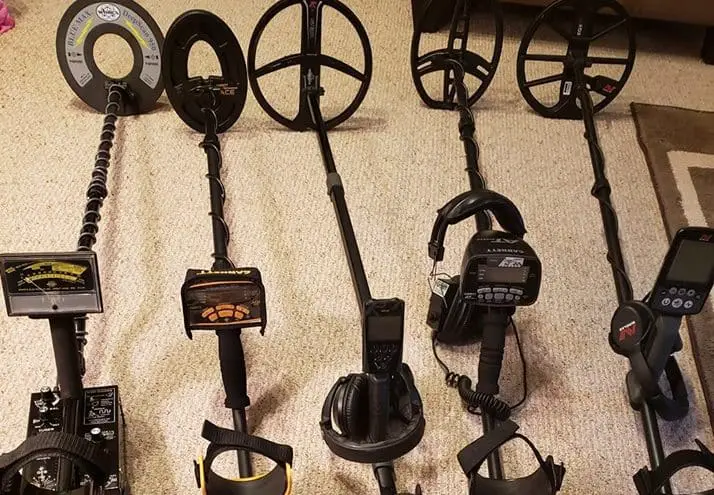
Ive noticed lately in many groups and forums that people dont have a clue when it comes to choosing the proper metal detector! Especially at the beginning, even though some of them have access to pretty high budgets
Thus, these new hobbyists tend to not make the right choice most of the time!
So, How to choose a Metal Detector? There are several factors that you should consider before selecting your detector; these include obviously your budget and your level of experience. But also, you should definitely, consider picking a machine from a reputable brand that has good durability and that could operate on difficult ground conditions.
In this Guide I give much more helpful details regarding these factors I am sure after that you wont make a bad choice!
Finally, in case you are a Beginner in this Hobby, then I have 2 Trustworthy and Easy-to-Use Options for you:
- This Bounty Model (Check it Here at Amazon) if you are on a Budget.
- This Garrett Model (Check it Here at Amazon) if you are willing to Invest some more money!
Minimum features that a Metal Detector should have!
First, it is important to know the minimum features that your future machine should have! I mean, most modern detectors generally have most of the features I am about to share with you
Yet, you never know what to expect! You may find in the market some creepy or fake models that dont have that!
So lets dive in into some of these features:
1. Coil Configuration
The coil is one of the most important parts, it controls many detection variables like the:
- Frequency
- Sensitivity
- Discrimination
You need to understand that the coil should have one of these configurations:
- Double-D coil: also called DD coil, it has a form of 2 reversed overlapping Ds. This one operates very well for highly mineralized soil and could reach high depth even for small targets.
- Concentric coil: It has 2 circles, one inner and one outer. This one usually doesnt operate ideally for mineralized soil, yet it allows strong pinpointing capabilities.
- Monoloop coil: This one is pretty special and used for Pulse Induction machines. Maybe this is not a good beginner option, yet it is interesting to know about it. The signals coming from these types of search coils are generally very high in terms of frequency and could operate on heavy mineralized soil.
So, here you go, your machine should have one of theise coils!
2. Coil Size
The diameter of the coil is directly proportional to the depth of the search!
In other words, if the coil is large, this means that it could go to a high depth (above 9 inches). A medium sized coil allows you to go generally between 7 to 9 inches. And for the small ones they wont allow you to go deeper than 6 inches!
So, thats it, if you are expecting deep targets, you can opt for machines with larger coils, otherwise, you may want to only have a smaller one.
3. Discrimination
Your future machine should have some sort of discrimination capability! This feature simply means the ability to ignore the metals that you are not looking for
For examples, it is common to find aluminum caps while detecting, this happens all the time
By setting the proper discrimination setting, your device wont pick up those signals and you will only dig for the good stuff!
So, if you are living in trashy areas, then you should definitely consider opting for a detector with good discrimination.
4. Sensitivity
To make this concept simple to understand for you, it simply means how capable your machine to pick up smaller targets is. Or how sensitive is it to small targets!
So, if you are looking for regular sized targets, then you may not need a machine with high sensitivity. Otherwise, if you are looking for little gold nuggets, for example, then you should definitely have a detector with high sensitivity.
Learn more about the most sensitive detectors in the market!
5. Operating Frequency
Each metal detector operates on a frequency or a set of frequencies! This generally influences both sensitivity and depth
In other words, when the frequency is low, your machine tends to be less sensitive to smaller targets, but it can go deeper. On the other hand, when the frequency is high, your machine will be able to react to the small items, but it wont go very deep.
To understand more this feature, have a check at this in-depth article about the best frequency for metal detectors.
6. Target ID
This is a feature that will help you to identify your target! Based on that you will be able to decide on the value of the detected object!
Generally, you should opt for a detector that offers a wide range of target ids. Thus the recognition will be much easier
In general, the elements that have more electrical conductivity display higher values! Yet, you should always refer to the constructor manual.
Speaking of manual, make sure your metal detector package include a manual on it! It is very important for things like troubleshooting!
For more information about this topic, you should check this helpful article on identifying the difference between metals!
How knowledgeable are you about this hobby?
If youve never used a detector before (Learn about more about the hobby), it would probably be a mistake to jump on machine designed for experienced or seasoned detectorists
In fact, such machines represent a significant learning curve that will take you lot of time to figure out. Thus, you may end up giving up on this hobby!
Thats why, opting for an entry level machine at the very beginning is the proper choice to do! When I speak about entry level devices, there are lots of examples (For those that I like the Most, I will include a Link to Amazon!):
- Bounty Hunter Tracket IV(Check it Here at Amazon!)
- Minelab Go-Finds
- Whites Coin-Master
If you think that youve got a better understanding of how that works and youve gained more confidence. Then you may opt for machines like:
However, if you are a detectorist with many years of experience, then, yea you probably know what machine will suit you the most. Generally, according to what I see, experienced people usually opt for devices like:
So, here you have it, hopefully, you have a better idea on what machine to pick!
How often are you going to use it!
Using your detector once month it is not like using it every single day! In this case, you should have a profound look at the durability of the machine you are intending to buy
In fact, in case of excessive usage you definitely need a much durable machine with a higher lifespan!
Maybe, you are asking how I shall know how durable a specific machine is? Very good question
For that there are several indicators, I will list 2 of them:
- Warranty: A machine with a long time warranty is most often a synonym of a durable one! For example, Minelab Go Find 2 with its 2 years of warranty is not like a Bounty Tracker IV with a 5 years warranty and is not like the Tesoro machines that have sometimes a lifetime warranty!
- Reputation in the market: This is something that you will understand over time! At the beginning, you will think or feel that all machines are the same, but after learning about other people using different machines watching youtube videos or interacting with other hobbyists, you will soon realize that there are some detectors that are more reputable than other. As simple as that! For example, Garrett AT Pro has a better reputation than most of the other machines that have a similar price tag.
Choose a reliable Brand!
There are a lot of brands producing detecting equipment, especially in the US! There are some Brands that are better than others
For example, Garrett Electronics (historical detector manufacturer) has proven time and time again that it is a leader in the market! In fact, this company is pretty old in the market (since 1964) and produces not only detecting machines, but also pinpointers, headphones as well as other related equipment!
When it comes to Post-Sale services, I believe that Tesoro offers probably the best services!
However, if you are in love with the latest and flashy technology, then opting for Minelab machines like the CTX, or Nox 800 would be great for you.
To have a complete idea about this topic, you should definitely have a check at these leading metal detector brands! You will learn a lot of helpful information
Wait! What is your Budget?
While trying to choose a metal detector, most people will ask you about your budget! I didnt want to include that at the beginning of the post, simply because focusing on that will distract you from the important factors that Ive listed above
I remember, Ive seen in some forums that some newbies have access to large budgets and want to start with multi-thousand dollars detector! If you are in the same situation, just dont buy an expensive machine I mean, the main goal (at the beginning) is to get used to the basics and have a feel for this hobby, thus you will start being passionate about it little by little!
After, gaining some experience and with having the access to significant budget, then why not, opting for a machine with a much higher price tag would be totally worth it!
Did you identify your target?
Ive hinted this earlier in this Post Now, I want to address this a little bit more in-depth! If you are looking for coins or relics, this has nothing to do with searching for Gold or Platinum for example
And if you are looking for WW relic ammunition, it is not like looking for WW little buttons!
Fortunately, there are some machines called (all terrain, all purpose ) that are designed to search for most types of targets
So, if you dont really have a clear preliminary idea on what you are actually looking for, then opting for these kinds of machines wont be a bad idea at all! Examples of these include:
However, lets say you are living in or close to gold hot spots (lucky you!), then investing in a pricy gold machine like the AT Gold could definitely be worth it!
If you are opting for old coins, and want to accumulate a solid coin collection, then you probably will need a device with great coin shooting capabilities and that can operate pretty deep Why? Simply because old coins tend to be located fairly deep underneath the ground
For that it is very hard for me to recommend any other machine than the AT PRO!
Want to learn more about how to identify your targets?! Check this Helpful Article!
Dont take the ground conditions for granted!
Ive said this, simply because hobbyists dont pay too much attention to the ground conditions there are dealing with
In fact, it is a huge factor just have a look at this article in which I explain the hardest metal detecting conditions!
Below, a list of some ground types that you may need to deal with:
- Grass: detecting in the grass is generally easy yet you may have some difficulties when it comes to ground balancing when the grass is tall. Thats why choosing a device with reliable ground balancing is the proper choice. Other than that, just dont use a monoloop coil in grass
- Rivers/Lakes/Creeks: Generally, these kinds of places have proven time and time again that they are very profitable! Yet, to get the most out of it, you definitely need to detect underwater, thus, in this case, you need to choose a waterproof device.
- Mineralized soil: Whether you are dealing with ferrous ground or conductive salty ground or both of them at once, you should use an adapted machine! In other words, it should operate in high frequencies with solid discrimination and sensitivity Otherwise; you will continually get false signals that wont help you, by any means, to find what you are looking for!
Hopefully, Ive made that point pretty clear enough If not, please ask me questions in the comment section!
When should you upgrade your current detector?
Maybe you already have a machine but you are not satisfied with its results or you just want to try something new!
There is nothing wrong with that as far you know what you are doing
First of all, you really need to write down all the limitations that youve noticed in the current one Dont list what people are saying about your machine but list what you are actually noticing based on your own experience
Maybe your detector dont pick thing as deep as you want or lacks in terms of sensitivity for smaller targets! I mean whatever, just note it down
By doing so, you will have a crystal clear idea on what you should look for in your next device!
Conclusion
Ive tried my very best to give you a clear idea on what machine you should choose, based on many relevant factors
I just dont want you to spend a significant amount of money on something that doesnt respond to what exactly you are looking for! So, better know it now than later
If you are still not sure on what machine you need to pick, let me know, right now in the comment section below by giving me all the details that you are looking for I will do my best to help you!
Finally, if you are curious about what these detectors can actually detect Then Ive written this List of Targets that detection machines can Find You will learn there a ton of helpful Info

